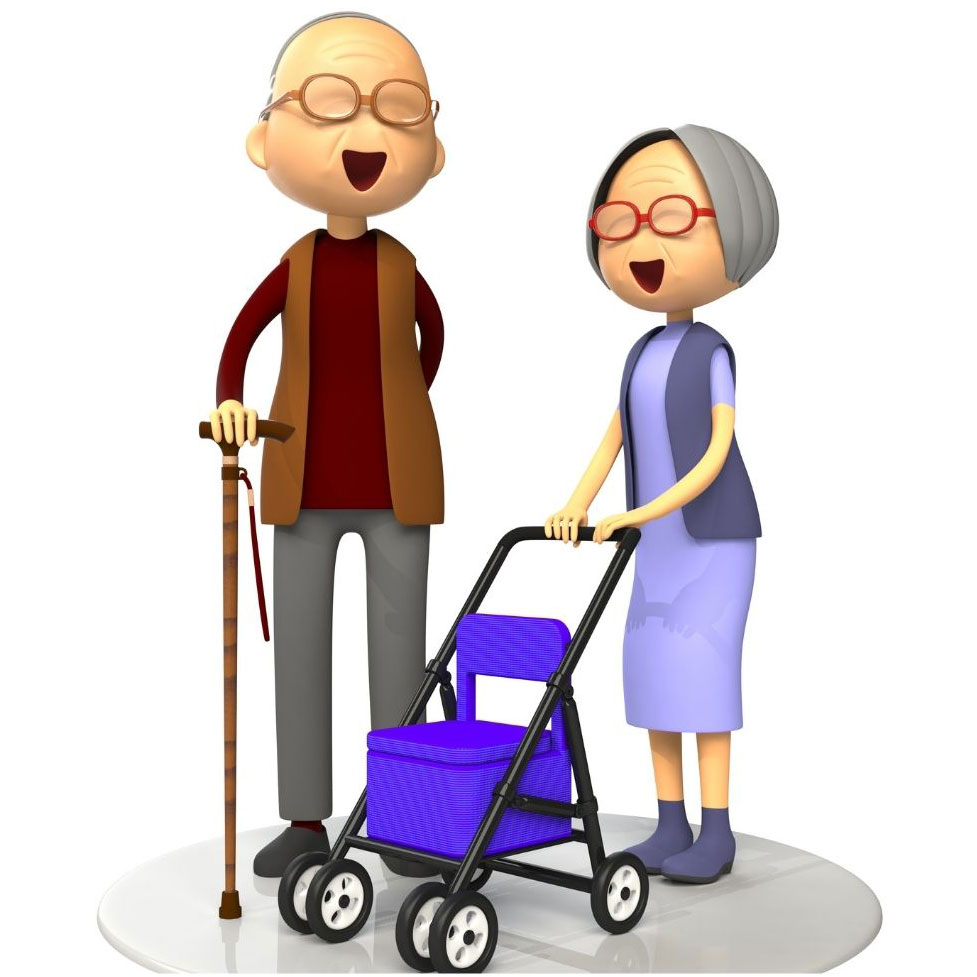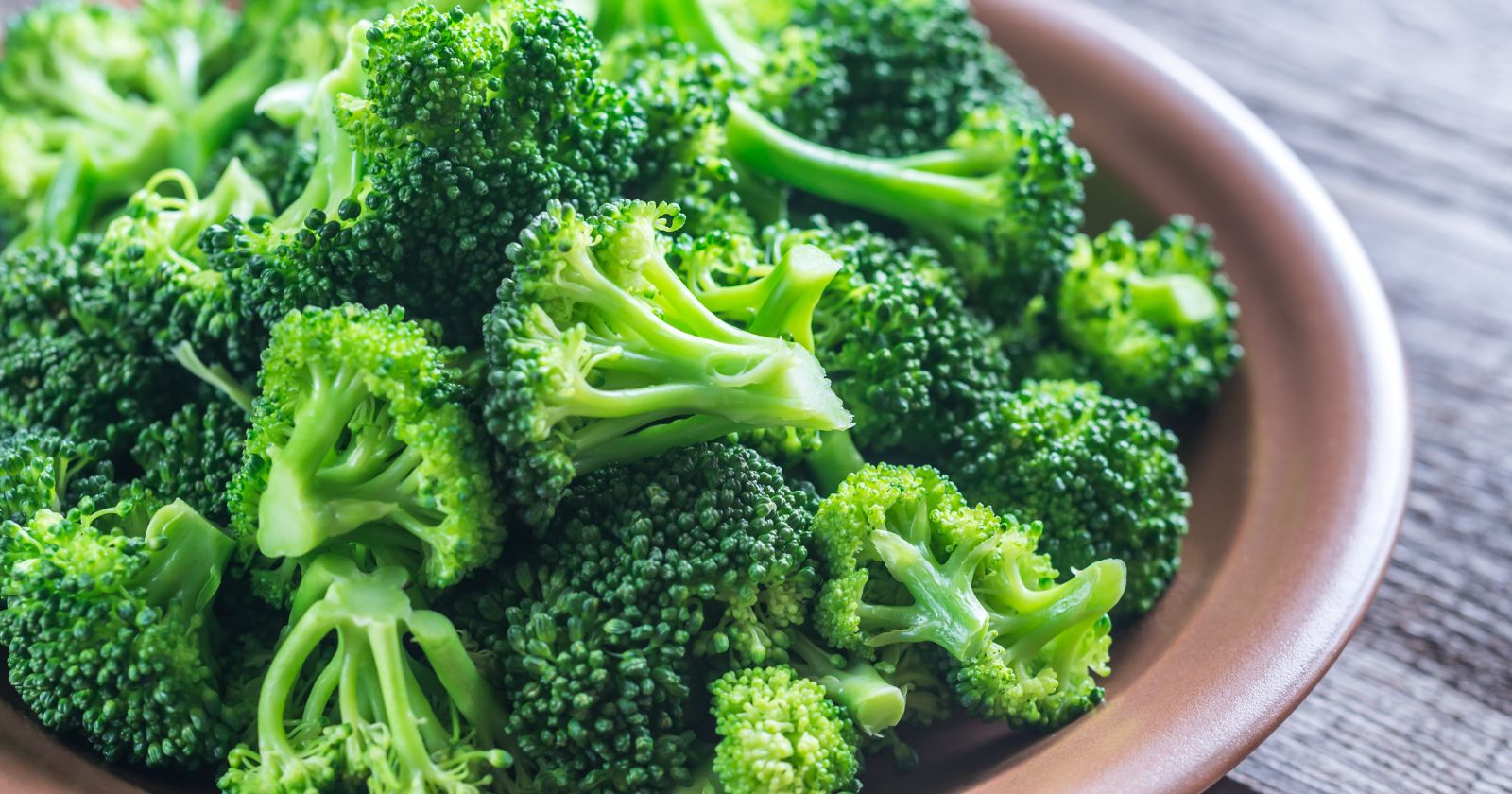As we navigate the journey of aging, one challenge that often emerges is a diminished appetite. Many of us may have witnessed our elderly loved ones struggling with this issue. I’ve pondered over this predicament and immersed myself in research, aiming to find effective strategies on “how to increase appetite in the elderly”.
Drawing from my personal experience in caring for seniors and ensuring their independence (which you can read more about on my about page), this article intends to offer practical, easy-to-implement tips to boost appetite in our beloved seniors. So, let’s delve into the subject, understanding the causes of decreased appetite and exploring solutions that can help our elders enjoy their meals again.
As individuals age, their appetite may naturally decrease, leading to concerns about proper nutrition and overall health. It is important to address this issue and find ways to naturally boost the appetite of elderly individuals. By implementing certain tips and lifestyle changes, it is possible to stimulate their appetite without the need for medications or medical interventions.
In this article, we will explore seven effective tips to naturally increase the appetite of elderly individuals. These tips are easy to implement and can make a significant difference in their overall well-being.
Increase Appetite In The Elderly: Understanding the Importance of Appetite in Elderly Individuals

Appetite plays a crucial role in the overall health and well-being of elderly individuals. It is essential for providing the necessary nutrients and energy needed for the body to function properly. However, many older adults experience a decrease in appetite, which can lead to malnutrition, weight loss, and a weakened immune system. Understanding the importance of appetite in elderly individuals is the first step in finding effective ways to naturally increase it.
A healthy appetite ensures that the body receives an adequate intake of essential nutrients, vitamins, and minerals. These nutrients are vital for maintaining muscle mass, bone density, and overall strength. They also support the immune system, helping to prevent infections and illnesses. When an elderly person’s appetite declines, they may not be getting enough of these essential nutrients, which can have a negative impact on their health.
Increase Appetite In The Elderly: Common Causes of Decreased Appetite in the Elderly
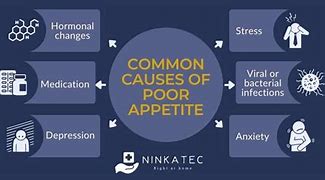
As individuals age, it is common for their appetite to decrease. There are several factors that can contribute to this decline in appetite in elderly individuals. Understanding these common causes can help in finding effective ways to naturally increase their appetite.
1. Changes in metabolism:
As people age, their metabolism tends to slow down. This means that their body may require fewer calories to function properly, leading to a decreased appetite.
2. Medications:
Many elderly individuals take multiple medications for various health conditions. Some medications can have side effects that suppress appetite or alter taste perception, leading to a decreased desire to eat.
3. Dental problems:
Dental issues such as tooth decay, gum disease, or ill-fitting dentures can make chewing and swallowing difficult and painful. This can significantly impact an elderly person’s ability to eat and enjoy food.
4. Digestive issues:
Older adults may experience digestive problems such as constipation, acid reflux, or gastrointestinal disorders. These issues can cause discomfort and reduce appetite.
5. Loss of smell and taste:
Aging can lead to a decline in the sense of smell and taste, making food less appealing and enjoyable. This can result in a decreased appetite and a lack of interest in eating.
6. Depression and loneliness:
Emotional factors such as depression and loneliness can also contribute to a decreased appetite in the elderly. These conditions can affect their overall well-being and lead to a loss of interest in food.
It is important to address these common causes of decreased appetite in the elderly in order to naturally increase their desire to eat. By understanding the underlying factors, caregivers and family members can implement strategies to improve appetite and overall nutrition.
In the next sections of the article, effective tips will be provided to naturally boost the appetite in elderly individuals.
Tip 1: Encourage Regular Physical Activity

Regular physical activity has numerous benefits for elderly individuals, including an increased appetite. Engaging in light exercises such as walking or gardening can stimulate their metabolism and improve their overall well-being. It is important to consult with a healthcare professional before starting any exercise regimen to ensure safety.
Tip 2: Serve Nutrient-Dense Meals and Snacks
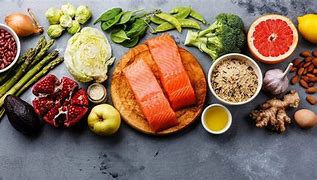
Providing nutrient-dense meals and snacks is crucial in promoting appetite in the elderly. These meals should include a variety of fruits, vegetables, lean proteins, whole grains, and healthy fats. Avoiding processed foods and sugary snacks is important to maintain their overall health.
Tip 3: Create a Pleasant and Relaxing Eating Environment

The environment in which meals are consumed can greatly impact appetite. Creating a pleasant and relaxing eating environment can help stimulate their appetite. This can be achieved by setting a comfortable and well-lit dining area, playing soothing music, and engaging in pleasant conversations during mealtime.
Tip 4: Offer Small, Frequent Meals Throughout the Day
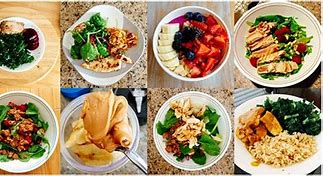
Instead of serving three large meals, offering small, frequent meals throughout the day can be
By following these tips, caregivers can help elderly individuals regain their appetite and improve their overall health and well-being.
1. Reduce distractions:
Minimize noise and distractions during mealtime. Turn off the television and put away electronic devices. This allows the elderly person to focus on their food and enjoy the eating experience.
2. Use appealing tableware:
Choose colorful and visually appealing plates, bowls, and utensils. This can make the meal more visually stimulating and increase the desire to eat. Avoid using plates that are the same color as the food, as it may make it difficult for the elderly person to distinguish between the food and the plate.
3. Enhance aromas:
The sense of smell plays a crucial role in appetite stimulation. Use aromatic herbs and spices while cooking to create enticing smells that can stimulate the appetite. Additionally, consider using scented candles or fresh flowers to create a pleasant aroma in the dining area.
4. Optimize lighting:
Adequate lighting is essential for elderly individuals to see their food clearly. Ensure that the dining area is well-lit, preferably with natural light. Avoid harsh or dim lighting, as it may make it difficult for the elderly person to see their food properly.
5. Provide comfortable seating:
Elderly individuals may have mobility issues or discomfort while sitting for extended periods. Ensure that the dining chairs are comfortable and provide proper support. Consider using cushions or pillows to make the seating more comfortable.
6. Encourage social interaction:
Eating alone can be unappealing and may lead to a decreased appetite. Encourage elderly individuals to eat with family members or friends. Social interaction during mealtime can make the experience more enjoyable and increase the desire to eat.
Tip 5: Incorporate Flavorful Herbs and Spices into Meals

One effective way to naturally increase appetite in elderly individuals is by incorporating flavorful herbs and spices into their meals. As we age, our taste buds may become less sensitive, leading to a decreased enjoyment of food. By adding herbs and spices to dishes, we can enhance the flavors and make meals more enticing for older adults.
Herbs and spices not only add taste to food but also have potential health benefits. For example:
Ginger
has been shown to have anti-inflammatory properties and can help alleviate digestive issues such as nausea and indigestion. Adding ginger to meals or beverages can stimulate the appetite and improve digestion in elderly individuals.
Basil
Another herb that can be beneficial for increasing appetite is basil. Basil has a pleasant aroma and can enhance the flavor of various dishes. It is also known to have antibacterial properties and may help improve digestion. Adding fresh basil leaves to salads, soups, or pasta dishes can make them more appealing to older adults.
Turmeric
Turmeric is another spice that can be beneficial for elderly individuals. It contains a compound called curcumin, which has been shown to have anti-inflammatory and antioxidant properties. Turmeric can be added to curries, rice dishes, or even smoothies to not only enhance the flavor but also provide potential health benefits.
Cinnamon
Cinnamon is a spice that is commonly used in baking but can also be added to savory dishes. It has been shown to help regulate blood sugar levels and may improve insulin sensitivity. Adding cinnamon to oatmeal, yogurt, or even roasted vegetables can make them more flavorful and appealing to older adults.
When incorporating herbs and spices into meals for elderly individuals, it is important to consider their preferences and any dietary restrictions they may have. Some herbs and spices may interact with certain medications, so it is always best to consult with a healthcare professional or registered dietitian before making any significant changes to an individual’s diet.
In conclusion, incorporating flavorful herbs and spices into meals can be an effective way to naturally increase appetite in elderly individuals. Not only do they enhance the taste of food, but they also have potential health benefits. By adding ginger, basil, turmeric, cinnamon, and other herbs and spices to dishes, we can make meals more enjoyable and enticing for older adults, ultimately stimulating their appetite and improving their overall nutrition.”
Tip 6: Stay Hydrated and Limit Caffeine Intake

It is also important to note that hydration plays a crucial role in appetite. Dehydration can lead to a decreased appetite, so it is important to encourage the elderly person to drink enough fluids throughout the day. Water is the best choice, but other options such as herbal teas or diluted fruit juices can also be included. It is important to limit caffeine intake, as excessive caffeine consumption can have a negative impact on appetite.
Staying hydrated is essential for overall health, and it can also help improve appetite in elderly individuals. Dehydration can lead to a decrease in appetite, so it’s important to ensure that seniors are drinking enough fluids throughout the day. Encourage them to drink water, herbal teas, and other hydrating beverages.
In addition to staying hydrated, it’s also important to limit caffeine intake. Caffeine can act as a diuretic, which can increase the risk of dehydration. It can also suppress appetite in some individuals. Therefore, it’s best to limit or avoid caffeinated beverages such as coffee, tea, and soda.
Instead of relying on caffeinated drinks, encourage the elderly to drink herbal teas or flavored water. These can be more refreshing and hydrating without the negative effects of caffeine. You can also infuse water with fruits or herbs to add flavor and make it more appealing.
To ensure that the elderly are staying hydrated, it can be helpful to provide them with a water bottle or a glass of water within easy reach. Remind them to take sips throughout the day, even if they don’t feel thirsty. Offering fluids with meals and snacks can also help increase their overall fluid intake.
If you notice signs of dehydration in an elderly individual, such as dry mouth, dark urine, or dizziness, it’s important to seek medical attention. Dehydration can have serious consequences, especially for older adults.
In conclusion, staying hydrated and limiting caffeine intake can help improve appetite in elderly individuals. Encouraging them to drink enough fluids throughout the day and providing them with hydrating beverages can ensure that they stay properly hydrated. Additionally, avoiding or reducing caffeine consumption can prevent dehydration and suppress appetite. By implementing these tips, you can naturally boost the appetite of elderly individuals and promote their overall well-being.” “Heading X:
Tip 7: Seek Support from a Registered Dietitian or Nutritionist

As we age, our nutritional needs change, and it can be challenging to meet those needs, especially if appetite is decreased. Seeking support from a registered dietitian or nutritionist can be incredibly beneficial for elderly individuals who are struggling with their appetite.
Registered dietitians and nutritionists are experts in the field of nutrition and can provide personalized guidance and support to help improve appetite in older adults. They can assess an individual’s current dietary intake, identify any nutrient deficiencies, and develop a tailored meal plan to address those deficiencies and increase appetite.
One of the main benefits of working with a registered dietitian or nutritionist is their ability to provide individualized recommendations. They can take into account an individual’s specific health conditions, medications, and personal preferences to create a plan that is realistic and achievable. This personalized approach can greatly increase the chances of success in improving appetite.
Registered dietitians and nutritionists can also provide education and resources to help elderly individuals and their caregivers make informed decisions about food choices. They can offer guidance on portion sizes, food preparation techniques, and meal planning strategies to ensure that meals are both nutritious and appealing.
In addition to meal planning, registered dietitians and nutritionists can also provide support in addressing any underlying issues that may be contributing to decreased appetite. They can help identify and manage any digestive issues, oral health problems, or medication side effects that may be affecting appetite. By addressing these issues, appetite can be improved, and overall nutritional status can be enhanced.
Furthermore, registered dietitians and nutritionists can offer ongoing support and monitoring to ensure that the strategies put in place are effective and sustainable. They can track progress, make adjustments as needed, and provide motivation and encouragement along the way.
Frequently Asked Questions
What can stimulate an older person’s appetite?
There are several strategies that can help stimulate an older person’s appetite. These include serving small, frequent meals and snacks, making mealtime a social event, incorporating favorite foods into meals, and encouraging physical activity, which can naturally boost appetite.
What food is good for seniors with no appetite?
For seniors with a low appetite, it’s important to focus on nutrient-dense foods that provide a lot of nutritional value in a small volume. This can include foods like avocados, nut butters, full-fat dairy products, and protein-rich foods like eggs, lean meats, and legumes. Smoothies and soups can also be a good option as they can be packed with a variety of nutrients and are easy to consume.
How do you get an elderly person to eat more?
Encouraging an elderly person to eat more can involve making meals more appealing and enjoyable. This can include making meals a social event, offering a variety of foods, using herbs and spices to enhance flavor, and offering favorite foods. It can also be helpful to serve smaller meals more frequently throughout the day, rather than three large meals.
What vitamin helps with appetite for elderly?
Certain vitamins and minerals, including B-vitamins and zinc, can help stimulate appetite. However, it’s important to consult with a healthcare provider before starting any new supplement regimen. They can provide personalized advice based on the individual’s health status and nutritional needs.
Conclusion
We’ve journeyed through understanding “how to increase appetite in the elderly”, gaining insights into the causes and solutions of this common issue. I truly believe that nurturing a healthy appetite is a critical step toward ensuring the overall well-being of our elders. As we move forward, let’s remember that the key to improving appetite isn’t force or coercion, but patience, empathy, and adapting to their individual preferences and needs. After all, meals aren’t just about nourishment, they’re also about enjoyment and quality of life. If you’d like more tips on promoting elderly well-being, feel free to explore other articles on this site. Together, let’s support our seniors in leading joyful, fulfilling lives.
